Editorials
As the summer slump fades, self-published authors are ramping up their marketing efforts once again, and if you’ve been on Facebook lately, you’ve probably noticed the surge in eBook ads. Among them, one trend is sparking a heated debate—the use of AI-generated art. Is it a smart way to cut costs and boost engagement, or does it risk coming off as cheap and impersonal? In today’s blog, Ginger leaps right into this controversial topic, sharing two key reasons why he isn’t a fan of this approach.
While Ginger’s views aren’t unique among authors, the bigger question remains: how effective are these AI-generated ads? If they were proven to boost book sales and profits, would more authors be willing to embrace them despite their reservations? The digital landscape is constantly evolving, and not every decision has a clear-cut answer. Understanding the pros and cons can help you form your own opinion and make informed choices in your marketing strategy.
Fall has descended here in the upper northeast, and for a lot of self-published authors, that means the “summer slump” is finally over (if you even believe in such a thing.) As a result, many of us have started advertising our books more heavily on Facebook.
You’ve probably noticed it yourself. As you scroll through your Facebook feed, you’re probably seeing ads for eBooks much more regularly. I know I am – as well as writing books, I’m an avid reader of them, and that makes me my own target demographic.
Seeing all these books being advertised also allows me to see what trends are currently popular among self-published authors. I’m always interested to note if the books they’re advertising are in Kindle Unlimited or not, or whether the ad drives to a direct sales page rather than a product page on Amazon. Direct sales is definitely a growing trend, which is why I’m investing so much time and effort into it right now.
It’s also interesting to see which formats of ad are more popular. I’m always trying to figure out if static images or videos appear more frequently, and how much the length of the copy in the headlines affects click-through rates. I love seeing ads for eBooks that break the mold, too. There’s one author in particular who has full-length video ads featuring her talking directly to the camera, and I’m just dying to ask her whether they’re successful or not.
But not all the trends I see inspire such curiosity. There’s one very common advertising trend going around at the moment which I’m really not a fan of. You’ve probably seen examples of this kind of ad in your advertising feed (or as a self-published author, you might even be doing it yourself.)
That trend is authors using AI art in their Facebook advertising.
I hate it!
Now, this is just my opinion – it’s not like I’m the advertising police and have any right to tell authors what they can and can’t do when it comes to their advertising.
I also don’t know how effective it is. I keep seeing authors doing it, so it might be a very successful strategy for driving clicks and engagements. Just because I don’t like something doesn’t mean it doesn’t work.
But I hate it!
I hate seeing authors use AI artwork for very subjective, very personal reasons – and while I’m certainly not saying I’m right, I’d still like to spend this week’s post stating my case about why I don’t like authors doing it. It’s a post meant to inspire and drive discussion – feel free to leave your own opinion in a comment underneath, especially if you want to explain to me why you think I’m wrong!
But, without further ado, here are the two main reasons why I hate seeing authors use AI art in their advertising:
Reason #1: It looks creepy and fake
AI generated art is still in its infancy, and yet already it can produce incredible results. I’ve seen some images created by AI that are impossible to tell from the real thing.
But they’re very much in the minority.
In most cases, it’s still really easy to spot AI-generated art. There’s something about the “uncanny valley” nature of AI that sets off subconscious triggers in our mind. One glance will have us counting fingers, examining words and numbers, and looking for all the other clues in the image that give away the fact that it was generated by a computer.
When you’re advertising your books, I don’t believe you should associate them with creepy, fake looking artwork. It might work well for a horror novel, perhaps – something Lovecraftian or a grisly body-horror tale. For most books, though, we want the reader to be immersed in the authenticity of the world we created. We want to achieve the opposite of the “uncanny valley” and write prose that resonates with our readers because of how real it seems.
Reason #2: It looks cheap and lazy
Okay, I’m probably going to sound pretentious and elitist here, but I think somebody’s got to say it. AI generated art looks cheap.
Because it is.
It’s often free, in fact – and when something is free, you generally get what you pay for.
AI-generated art is still so easy to identify that I believe its use in your Facebook advertising immediately sends a subconscious message to your potential readers:
“This book is cheap and lazy.”
And it’s not! You know that and I know that!
I know you spent weeks, months, or even years writing your book – and that you imbued it with as much honesty, authenticity, and truth as you possibly could. I know you created a world within its pages that is still vividly real to you. You crafted characters within the narrative who seemed so real to you that they became your friends.
To write a book – even if it’s never commercially successful – is to have achieved something most humans will never have the creativity, discipline, or drive to accomplish. It’s a testament to your hard work and courage. It’s something real…
…and AI art is not.
The square-jawed action hero in your AI-generated ad never really existed. He was never born. He never went to school. He never fell in love, or lost a fight, or decided what his favorite flavor of ice-cream was. He’s just an amalgam of millions of different pictures that have been filtered and distilled through a few lines of digital “prompt.”
There wasn’t a photographer to take that picture. The sun never hit the green fields of grass in the distance behind him, because neither that sun nor those fields ever existed. Instead of all the people and lives involved in making that photo happen, you typed in a few keywords and clicked a few checkboxes and the image appeared as if by magic.
And I think that’s lazy.
But the worst part is that I think it makes your book look lazy, too. Once again, I believe it sends a subconscious message to your readers that makes them wonder if you took the same approach to writing and editing your book as you did when you created your ads.
Did you just take the lazy and cheap approach? Did you even write the book yourself? If you’re advertising it using AI-generated art, what’s to guarantee the book isn’t AI-generated as well?
I think using AI-generated art to advertise your book reflects horribly on your book and does nothing to represent the time, dedication, and passion you (hopefully) spent writing it.
Conclusion
I think those are two very solid reasons why I hate authors using AI-generated images to advertise their books – but as I said earlier, this is just my opinion.
There are two other things I think it’s important to mention, both of which undermine my argument. The first is whether or not advertising using AI-generated artwork actually works or not.
I couldn’t tell you.
I’ve never personally tried it. However, I’ve seen enough AI-generated ads in my feed recently to assume there must be something to it. The goal of an ad is to get potential readers clicking on it, after all, and if AI-generated art can deliver that, why shouldn’t authors use it?
Trying to advertise self-published books is not for the faint of heart. It’s a very tricky business to make a profit in. If AI-generated art provides low-cost clicks and impressions, it becomes less a personal choice and more of a business imperative to use it. If it’s the difference between making a profit and losing money, how squeamish are you willing to get?
And secondly, AI-generated art is getting better all the time. Right now it’s generally pretty obvious when you’re looking at images generated by a computer. However, it’s not always obvious – and art generated by really smart designers, who really know how to write prompts, is practically impossible to tell from the real thing.
The AI-generated art we see now is the worst it’s going to look. Every single day, AI’s ability to create realistic images is getting better and better. Soon – perhaps disturbingly soon – you really won’t be able to tell the difference between an AI-generated image and reality.
And when that point is reached, what other reservations could an author have for not wanting to use it?
The appeal of writing and self-publishing has always been the low barrier to entry, and soon AI will give authors access to eye-catching graphics and bespoke images that would have once required a professional photoshoot to achieve. You’d have to be nuts not to want to take that opportunity. It’ll be a bigger industry disruption than the invention of the digital camera.
It terrifies me!
AI is growing more and more powerful each and every day, and perhaps that’s really the biggest reason I hate authors using it to generate art for their ads. It marks a transition from one era of storytelling into another, and while I can’t stop the march of technological progress, I can still rebel against it with every iota of my being.
But what do you think?
What are your opinions on authors using AI-generated art to promote their books? Do you use it yourself? We’d love to hear your opinions, your results, and your thoughts on how AI is going to impact the future of digital self-publishing.
Share this blog
About the Author

Ginger is also known as Roland Hulme - a digital Don Draper with a Hemingway complex. Under a penname, he's sold 65,000+ copies of his romance novels, and reached more than 320,000 readers through Kindle Unlimited - using his background in marketing, advertising, and social media to reach an ever-expanding audience.


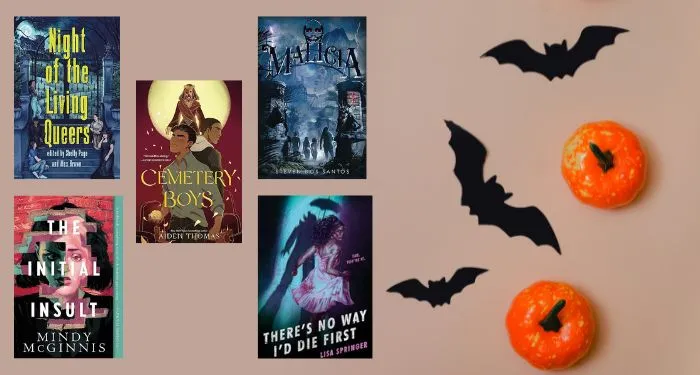
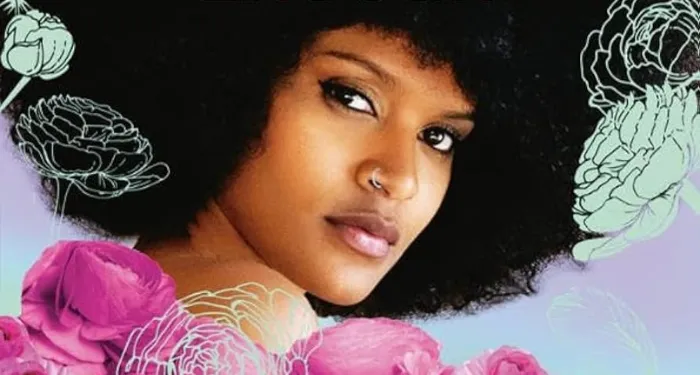


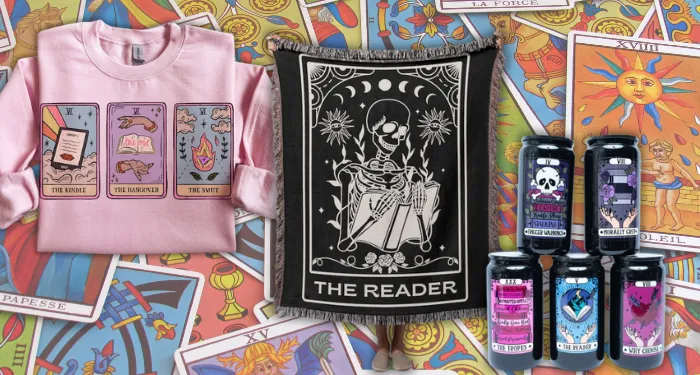


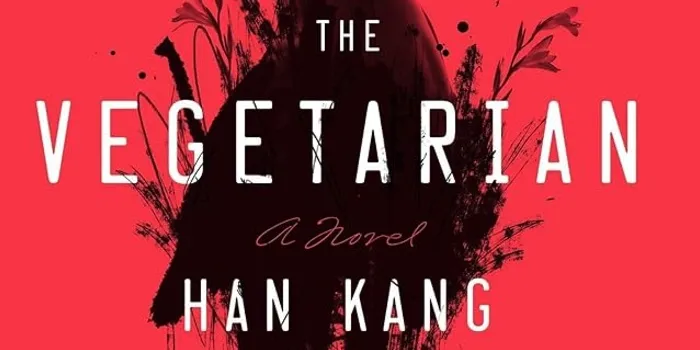

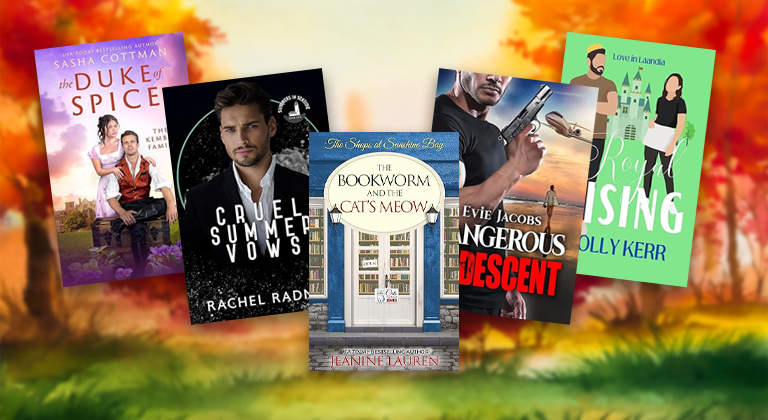

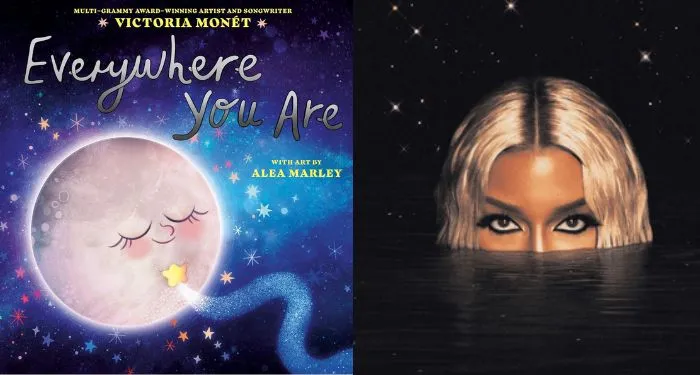
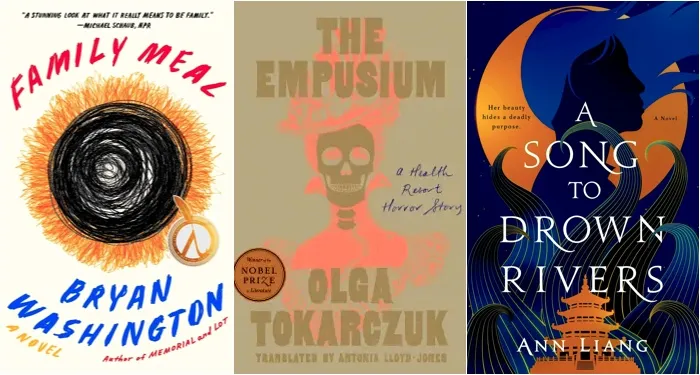
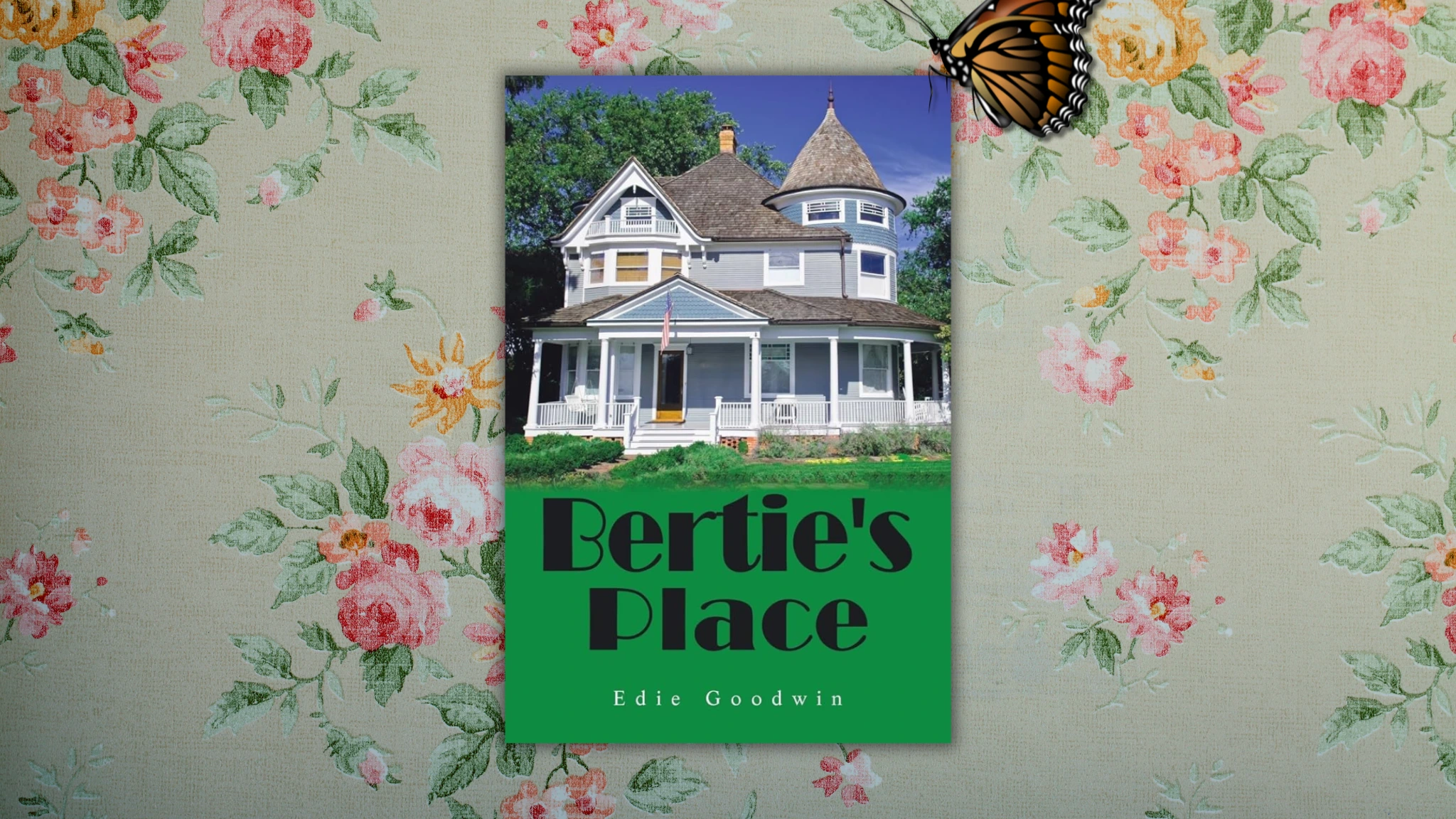

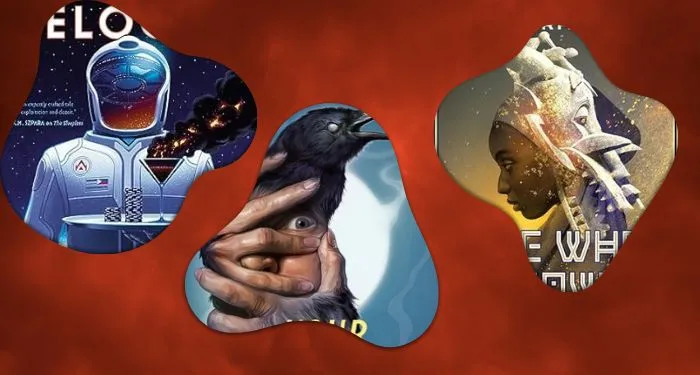
 English (US) ·
English (US) ·